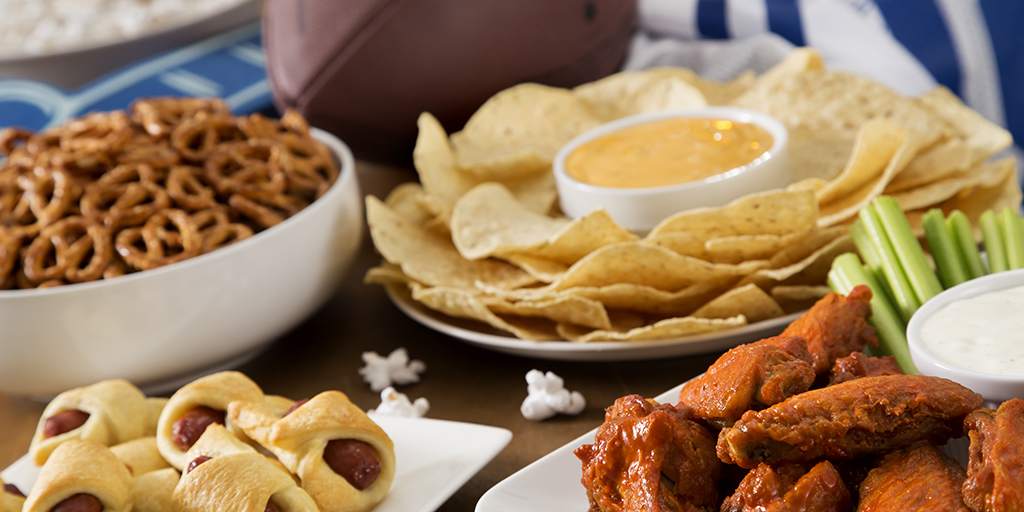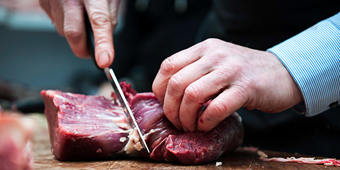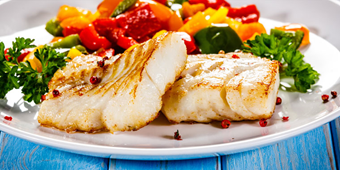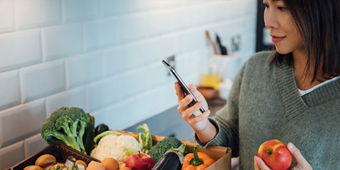How to Block and Tackle a Super Bowl Gall Bladder Attack

Answer a few questions and we'll provide you with a list of primary care providers that best fit your needs.
Odds are high that many of us will spend this Sunday at a Super Bowl party. Whether you watch the commercials or the game, you’re likely to eat some of the rich, fatty foods that herald the day.
Super Bowl Sunday is the nation’s second-biggest food consumption day— behind only Thanksgiving — says the U.S. Department of Agriculture.
Indulging in the “junk food arena” typical of a Super Bowl party means consuming foods “laden with lots of grease and high in fat,” says Steven Sutherin, MD, FACS, a general surgeon with Miami Valley Surgery Associates.
Those foods, plus alcohol, combine for a dangerous play on your gall bladder.
The gall bladder stores bile, which is released into the intestines to digest fatty foods. When we overload on rich meals and snacks, the gall bladder goes into overdrive. Sometimes the bile crystalizes, blocking its exit.
“The gallbladder doesn’t know there’s a blockage and will continue to squeeze harder and harder, which creates a gallbladder attack,” says Dr. Sutherin.
Pain, nausea and vomiting can result. Gall bladder attacks can come on suddenly and often mimic indigestion or chest pains.
Take a look at the food Americans will consume at Sunday’s Super Bowl parties, and it’s no surprise some of us won’t feel well afterward:
- 1.35 billion chicken wings, says the National Chicken Council
- 12.5 million pizzas, says Forbes
- 30 million pounds of snacks (think potato chips and popcorn), says the Calorie Control Council
- 139 million pounds of avocados, most mashed into guacamole, says the California Avocado Commission
Many Americans consume an average of 2,400 calories and more than 50 grams of fat during the big game, says the Calorie Control Council.
There are ways to ensure a healthier day.
Dr. Sutherin recommends limiting alcohol intake and choosing vegetables, fruits and lean meats instead of high-fat options.
Easing up on the gluttony makes sense. Texas A&M Family & Sports Medicine says on the Monday after the Super Bowl:
- Antacid sales typically jump 20 percent
- 6 percent of Americans call in sick to work
If you have heartburn-like symptoms that last for several hours and don’t get better after taking antacids, talk with your doctor. Tests can confirm what’s going on, says Dr. Sutherin.
Answer a few questions and we'll provide you with a list of primary care providers that best fit your needs.
Source: Steven Sutherin, MD, FACS, Miami Valley Surgery Associates; U.S. Department of Agriculture, National Chicken Council, Forbes, Calorie Control Council, California Avocado Commission, Texas A&M Family & Sports Medicine




